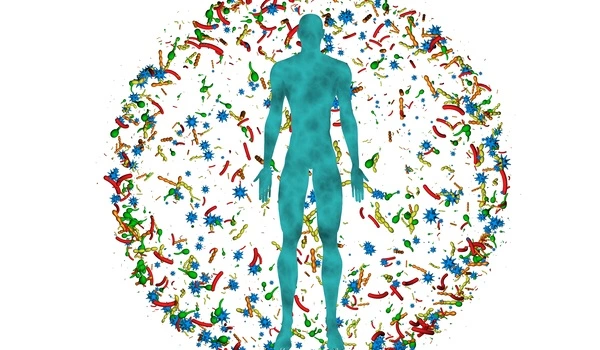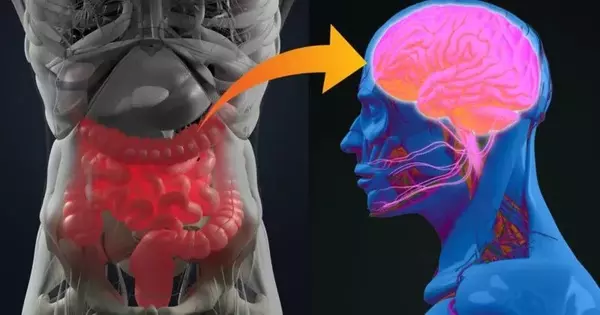Recent research has suggested a possible link between the microbiome, the collection of microbes that inhabit our body, and baby brain development. The microbiome is composed mostly of bacteria, viruses, fungi, and other microorganisms that live in various regions of the body, including the stomach.
Levels of particular types of bacteria in babies’ stomachs were shown to be connected with performance on early cognitive development assessments in a short, exploratory study. Sebastian Hunter and colleagues from the University of British Columbia in Canada published their findings in the open-access journal PLOS ONE.
A growing body of research suggests that the microbiome, the population of varied bacteria that naturally exist in the human stomach, is linked to human health, including brain function. Several animal and human research have suggested links between the microbiome and early-life brain development, but few have looked at how variances in newborns’ microbiomes might be connected with disparities in their nascent cognitive ability.
In our small pilot study, we observed interesting associations between the microbiome and brain function in early infancy. Further replication and investigation into the involvement of the microbiome in early cognitive development could be beneficial.
Sebastian Hunter
Hunter and colleagues studied data from 56 infants aged four to six months to gain a better grasp of these potential relationships. The newborns had each completed at least one of three assessments of varied cognitive capacities, and the researchers assessed their gut microbiomes using fecal samples.
They found that infants who succeeded at a test of social attention known as “point and gaze” – which measures the ability to share focus on an object with another person – tended to have higher amounts of microbes in the Actinobacteria phylum, the genus Bifidobacterium, and the genus Eggerthella, and lower amounts of microbes in the Firmicutes phylum, the Hungatella genus, and the Strepcococcus genus.

Meanwhile, electroencephalogram measurements of infants’ brain activity in response to a steady beat revealed that certain patterns of activity associated with better rhythmic processing were associated with higher or lower levels of certain microbe types, as well as levels of certain metabolic chemical reactions involving microbes that previous research has linked to brain and spinal cord development.
There were no correlations observed between the microbiota and blood flow measures in the newborns’ brains in response to hearing recordings of both forward and backward human speech. Overall, these data support the notion that the microbiome influences early cognitive development, although further study is needed to confirm and define this involvement.
“In our small pilot study, we observed interesting associations between the microbiome and brain function in early infancy,” the scientists write. Further replication and investigation into the involvement of the microbiome in early cognitive development could be beneficial.”





